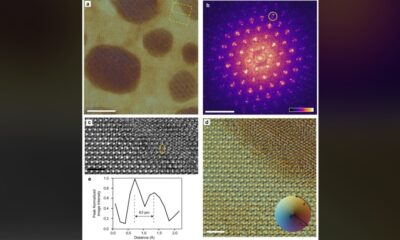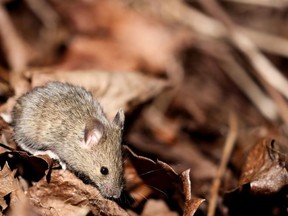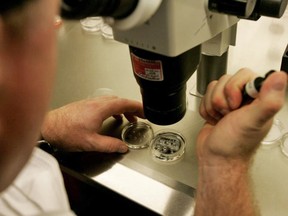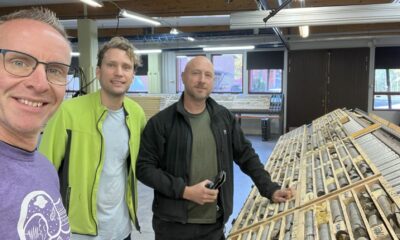Top Stories
Urgent Study Warns Deep-Sea Mining Threatens Marine Food Web
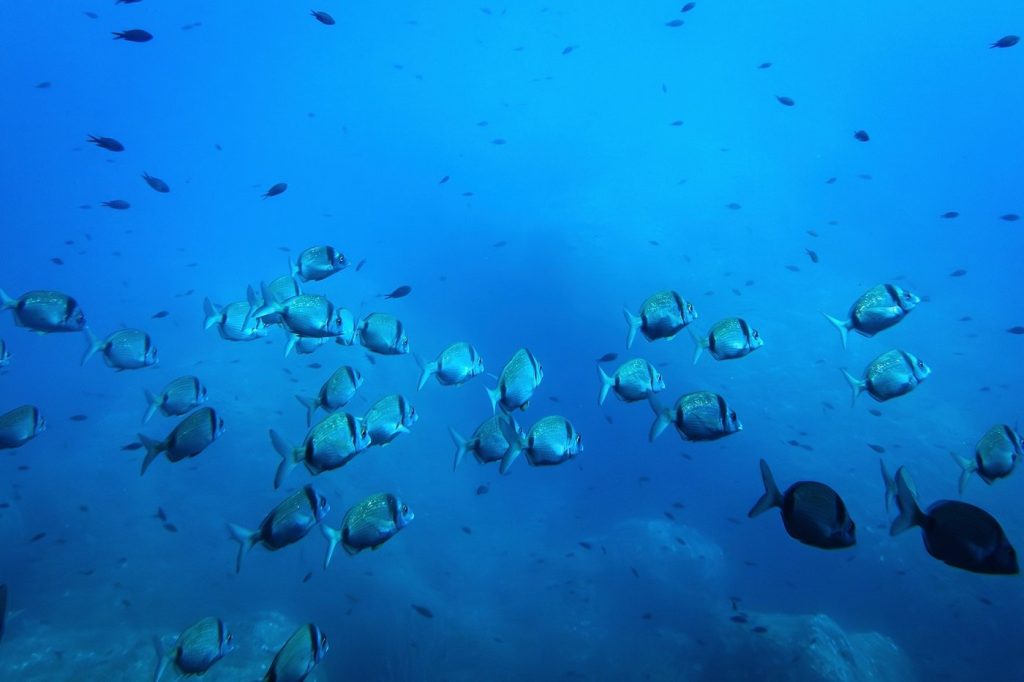
URGENT UPDATE: A new study has just revealed that deep-sea mining could severely disrupt the marine food web, posing a significant threat to global fisheries and food supplies. Researchers from the University of Hawaii are sounding the alarm over the potential consequences of extracting critical minerals from the ocean floor.
The study, published in Nature Communications, examines the impact of mining operations in the Pacific Ocean, specifically in the “twilight zone,” which lies between 650-5,000 feet (200-1,500 meters) below sea level. Researchers found that the release of mining waste could endanger vital marine organisms, including tiny shrimp measuring just 0.08 inches (2 millimeters) and small fish up to 2 inches (5 centimeters) long.
As nations push for deep-sea mining to meet the rising demand for minerals in electric vehicles and technology, the study highlights how the mining process creates a murky plume of waste that resembles the natural food particles consumed by zooplankton—key components of the marine food chain. If zooplankton ingest this “junk food,” it could lead to nutritional deficiencies for up to 60% of the micronekton that depend on them, ultimately threatening commercially important species like mahi mahi and tuna.
Michael Dowd, lead author of the study, explained, “Surface fish can dive down deep into the water; they feed on organisms down at depth. If these organisms are no longer present because their food web has collapsed, that can impact higher food webs and commercial interests.”
The researchers emphasize the need for urgent assessment of the environmental impacts of deep-sea mining. They caution that returning mining waste to the ocean could have devastating consequences, not just in the twilight zone, but across various depths of the ocean. Dr. Popp stated, “Digging up the deep sea might not be necessary,” advocating for alternative metal sources like recycling batteries and electronics to mitigate these risks.
Despite growing concerns, the deep-sea mining industry is gaining momentum. The National Oceanic and Atmospheric Administration (NOAA) is actively facilitating permits for mining operations, a move supported by the U.S. government under Donald Trump. In April, Trump signed an executive order to expedite the permitting process, aiming to enhance U.S. access to critical minerals amidst trade tensions with China.
Environmental advocates are vehemently opposing these developments, warning that deep-sea mining threatens to disrupt not only marine ecosystems but also the carbon dioxide sequestration processes essential for combating climate change. Sheryl Murdock, a deep-sea researcher at Arizona State University, reflected on the study’s implications, stating, “Is it worth a few minerals to potentially destroy the way that the oceans function?”
Marine biologist Diva Amon praised the research for its critical insights into the potential repercussions of deep-sea mining, stressing the need for further studies to guide responsible management of this burgeoning industry. “All of this could lead to species illness, species movement, species death. Depending on the scale, that could have graver repercussions, like species extinctions,” Amon warned.
As the debate intensifies, experts call for immediate attention to the risks posed by deep-sea mining. The future of marine ecosystems hangs in the balance, and the need for sustainable practices has never been more urgent.
Stay tuned for updates as this story develops.
-

 World4 months ago
World4 months agoScientists Unearth Ancient Antarctic Ice to Unlock Climate Secrets
-

 Entertainment4 months ago
Entertainment4 months agoTrump and McCormick to Announce $70 Billion Energy Investments
-

 Lifestyle4 months ago
Lifestyle4 months agoTransLink Launches Food Truck Program to Boost Revenue in Vancouver
-

 Science4 months ago
Science4 months agoFour Astronauts Return to Earth After International Space Station Mission
-

 Technology2 months ago
Technology2 months agoApple Notes Enhances Functionality with Markdown Support in macOS 26
-

 Top Stories4 weeks ago
Top Stories4 weeks agoUrgent Update: Fatal Crash on Highway 99 Claims Life of Pitt Meadows Man
-

 Sports4 months ago
Sports4 months agoSearch Underway for Missing Hunter Amid Hokkaido Bear Emergency
-

 Politics3 months ago
Politics3 months agoUkrainian Tennis Star Elina Svitolina Faces Death Threats Online
-

 Politics4 months ago
Politics4 months agoCarney Engages First Nations Leaders at Development Law Summit
-

 Technology4 months ago
Technology4 months agoFrosthaven Launches Early Access on July 31, 2025
-

 Top Stories2 weeks ago
Top Stories2 weeks agoFamily Remembers Beverley Rowbotham 25 Years After Murder
-

 Top Stories7 days ago
Top Stories7 days agoBlake Snell’s Frustration Ignites Toronto Blue Jays Fan Fury



